As per your table given, it seems like there is a duplicate nom available for the same country. for e.g, As per the first row Pays UK has noms Charlie Chaplin which is the 19th time given in the table as per count(titre).
If you want to remove duplicate rows for a particular column like Pays and noms, we should use Group By with Delete statement.
First of all, perform the query given below.
DELETE FROM films
WHERE filmID NOT IN
(
SELECT MAX(filmID) AS MaxRecordID
FROM films
GROUP BY pays,nom
);
Then perform Group By statement with Select
select pays,nom ,count(*) as totalcount from films Group by pays,nom;
Also, attached screen shot with the result to clarify the questions.
Result with removed duplicate rows
